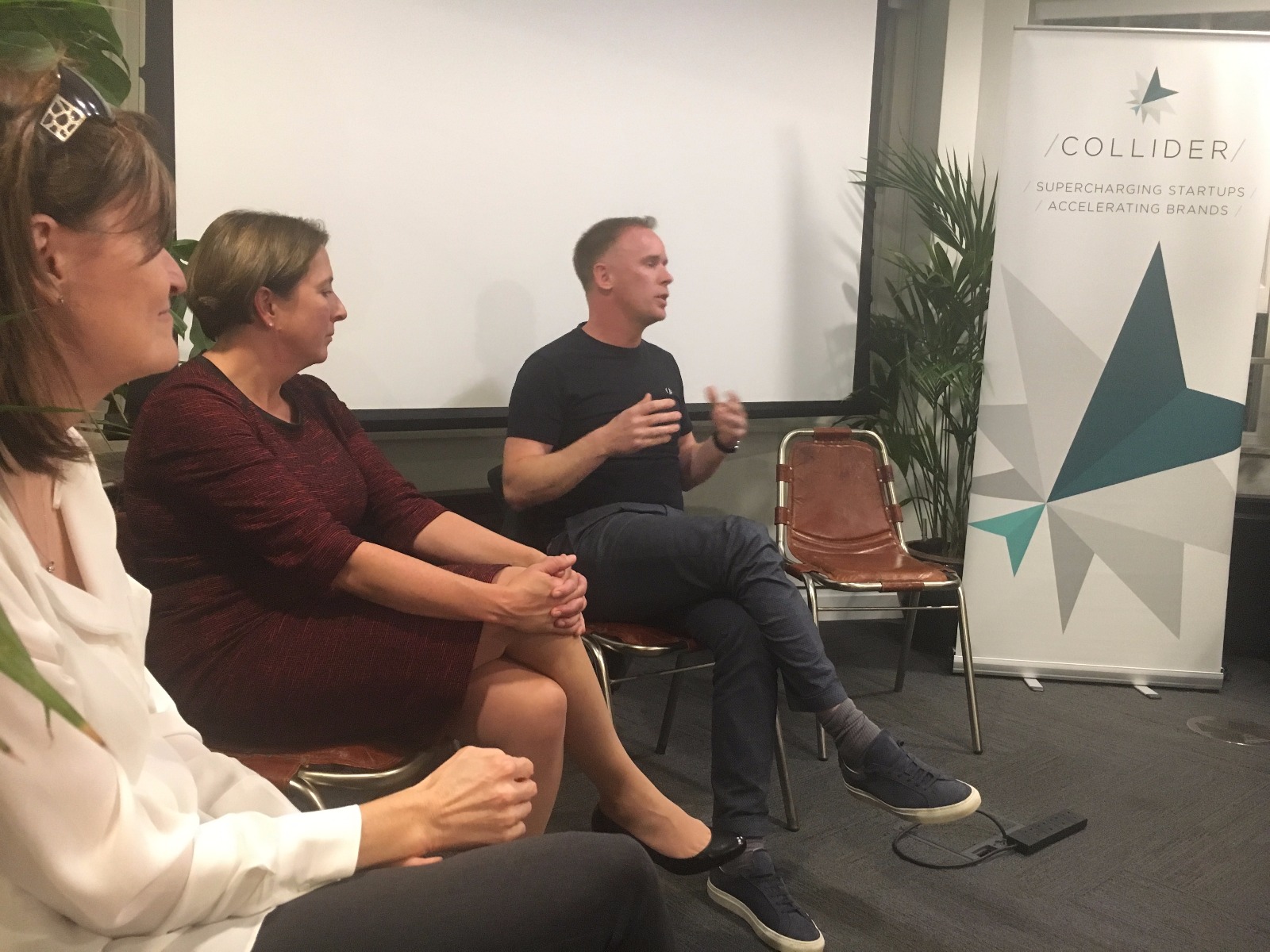
Co-Founder, Carl Wong
Tell us about the journey of starting in Liverpool, and having clients in London. What are a couple of the drawbacks and highlights?
CW: It’s an interesting question because it’s a non-question. As long as you are in London frequently and often, clients see that you are, you make little to no barriers, more so than anybody else because you set when you can and can’t meet. There are no drawbacks, you just need to make sure you’re consistently there, week-in and week-out. In terms of the positives, well I have probably a better work/life balance than most people. We have a really strong tech skill base in Liverpool that’s probably available at considerably cost-cheaper. And I'm able to leverage my local networks as well as my London networks. There’s no real downside to it.
How did you choose your investors for this round and how long did it take? Are they all from the UK? Was the funding journey what you anticipated?
CW: Our investors in this round are those that have been active and are well funded from our earlier small round last year, and indeed some from the original Collider round. They were engaged from the start with the idea that what we’re trying to do with the business. They have the resources to support us to this level of scale, and indeed beyond, hopefully if required. And, the journey took much longer than anticipated. I think everyone will probably say that, who has been through a similar exercise.
Because we were already engaged with them, because they already understood our business to an extent, my ambition was that the round would take maybe 3 months from the very initial conversation, to landing commitments to the paperwork. And it’s taken twice that. And it’s probably taken not just twice the elapsed time, but twice the amount of actual time and energy. The funding for this round has largely come from the UK, but we do have US investment from the previous small round last year, and indeed they are very active in the advisory capacity with us.
READ ALSO: THE 10 COLLIDER STARTUPS HEADING TO CANNES
How will you spend the money you've raised for this round? How will your strategy change, and where do you see LivingLens going?
CW: The money is going in to two significant areas. One is building a client servicing, sales and account development function. Which we've already started with two brilliant hires and will continue to build that team out specifically to enable, not just revenue, but more importantly to enable us to deliver value to clients. That comes back to the fact that LivingLens is cutting edge technology. We’re in a very embryonic industry of video mining which I believe will explode over the course of the next couple of years. And we’re going to be at the forefront of that.
LivingLens is about getting the most from video anywhere, so in terms of where we’re going to go as a business, at the moment, we make an organisation’s video searchable, and we take video from anywhere, from any of their partner agencies, and we capture it ourselves. The future is widening up those inputs even further to include social media video. And then the outputs – about delivering more and more valuable analytics around the aggregation of that video, and individual moments of it. And working with partners in the ecosystem, an API driven ecosystem to drive more and more value in the proposition.
The second area where the money will be invested is the technology. We’re taking great strides this year to basically in-source all of our technology build. We have an excellent engineering team of permanent staff, supplemented by contractors when necessary, to accelerate our roadmap, which is all about driving specific value for clients where we continue to build that out. As you know, great tech staff, great engineers are very much in demand. And are expensive. Can’t wait!
What’s your next milestone?
CW: Our next key milestones, since the announcement of the money happened quite recently, but we've been planning for it for some time. So it’s about key hires, putting the right team in place, the team is everything for us. It’s about converting some of our clients into longer-term, higher value, contracted basis. And we are in negotiations with two very very large contracts at the moment. And probably taking that first psychological big step forward to £1M in revenue.
What personal development have you done to adjust your leadership and management style to reflect your company growth, if any?
CW: That’s a good question. I would say, not just recently, but over the course of the last 18 months, you've got to remain focused. It’s really easy to take all of this excellent advice experts are sharing with you, and your head will be spinning. So you've got strike that real balance between listening and considering hard, while staying focused. And I think I've become a better listener.
In terms of leadership style, the interesting thing there is going from a 2-man team, to a 4-man team, to now a 10-man team since we’re bigger. There’s a balance that’s shifted I’d say over the course of the last few months and further as we go forward, from management to leadership. Management about helping individuals’ micro-manage their to-do lists, prioritising what’s happening on a day-to-day, and week-to-week basis. And delivering that on time and in instances budget.
And now, it’s more about engaging people in the vision, setting the tone, giving people enough responsibility to feel they can make their own decisions. And that’s because weave been able to build out the team with brilliant people. People who are much better at their job than I am at mine. So that’s really exciting and very rewarding. But day by day, it’s quite challenging, and I'm always learning. I've learned more in the past 18 months than I have in the past 18 years anyways.
What advice would you give to entrepreneurs in the MadTech space who are looking to raise a similar round to you?
CW: Work it, it’s all about using your time well, by getting out there and making connections. Hone that pitch, there’s no such thing as being too practised. That’s a massive learning point for me entering this space 18 months ago. I thought I was good at presenting. I was average. You've got to be really tight about what you’re pitching. The value of it, the problem you’re solving. My best advice is to keep working it.
Be very very resilient. You’re going to hear lots of no’s. And it’s not because your idea isn't awesome. Some people just don’t get it. Some people just don’t engage with it. It’s not their space. Just keep working very very hard to make connections. And then follow up and follow up and follow up. Be relentless in that, because it’s going to take much more time and effort and many more no’s than you expect. Just keep at it.










